Selecting the right enterprise routers is crucial for creating a reliable and efficient network. These devices are essential for secure, scalable, and efficient connectivity, making them suitable for small offices and large enterprises. Factors to consider include network size, speed requirements, security features, management options, scalability, quality of service (QoS), budget, and compatibility. To optimize your network, consider coverage area, bandwidth requirements, security features, centralized management tools, QoS capabilities for latency-sensitive applications, and budget limitations.
Look for routers with robust encryption, firewall capabilities, intrusion detection systems, and support for the latest security protocols like WPA3. Centralized management tools streamline network administration and simplify configuration, monitoring, and troubleshooting tasks. Prioritize routers with strong QoS capabilities for smooth operations for latency-sensitive applications.
To maximize the benefits of tools, implement best practices such as strategic placement, regular updates, network segmentation, load balancing, performance monitoring, user training, and future planning. By following these best practices, you can create a fast, reliable, and secure network that caters to your unique connectivity needs. Choose Vodanic, a trusted IT infrastructure provider in Dubai, to access top-tier routers and elevate your network management.
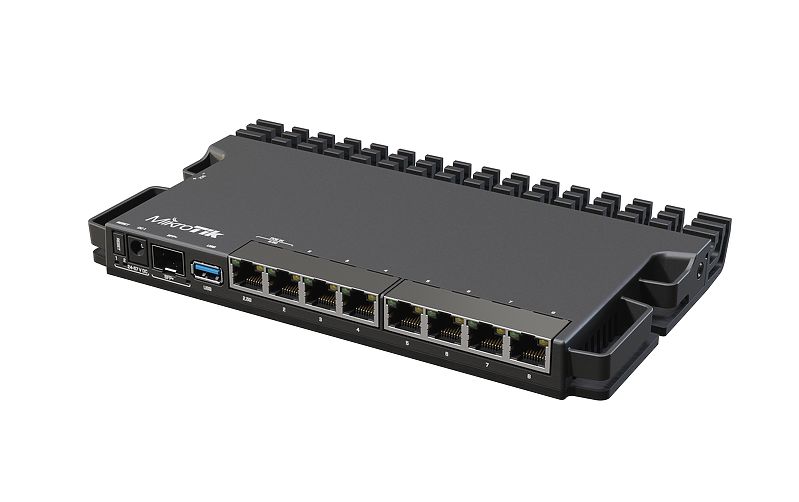
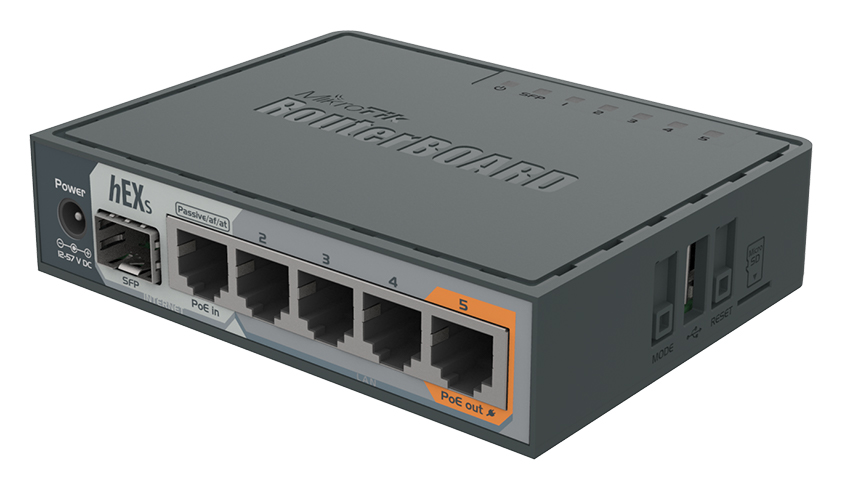
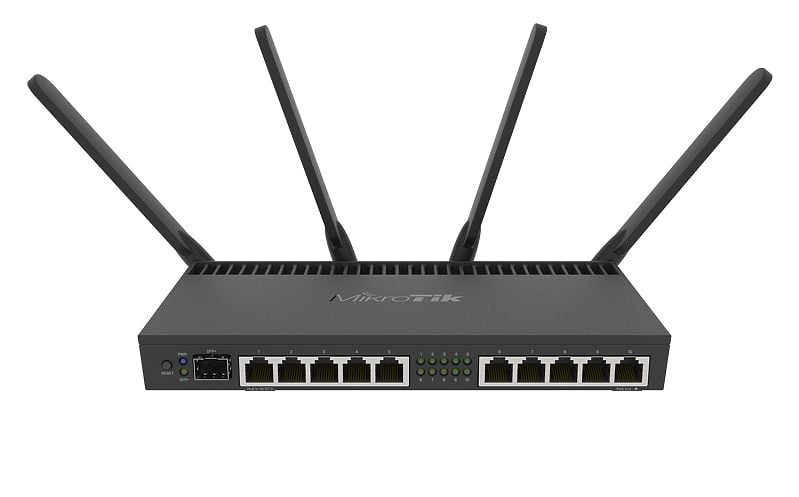
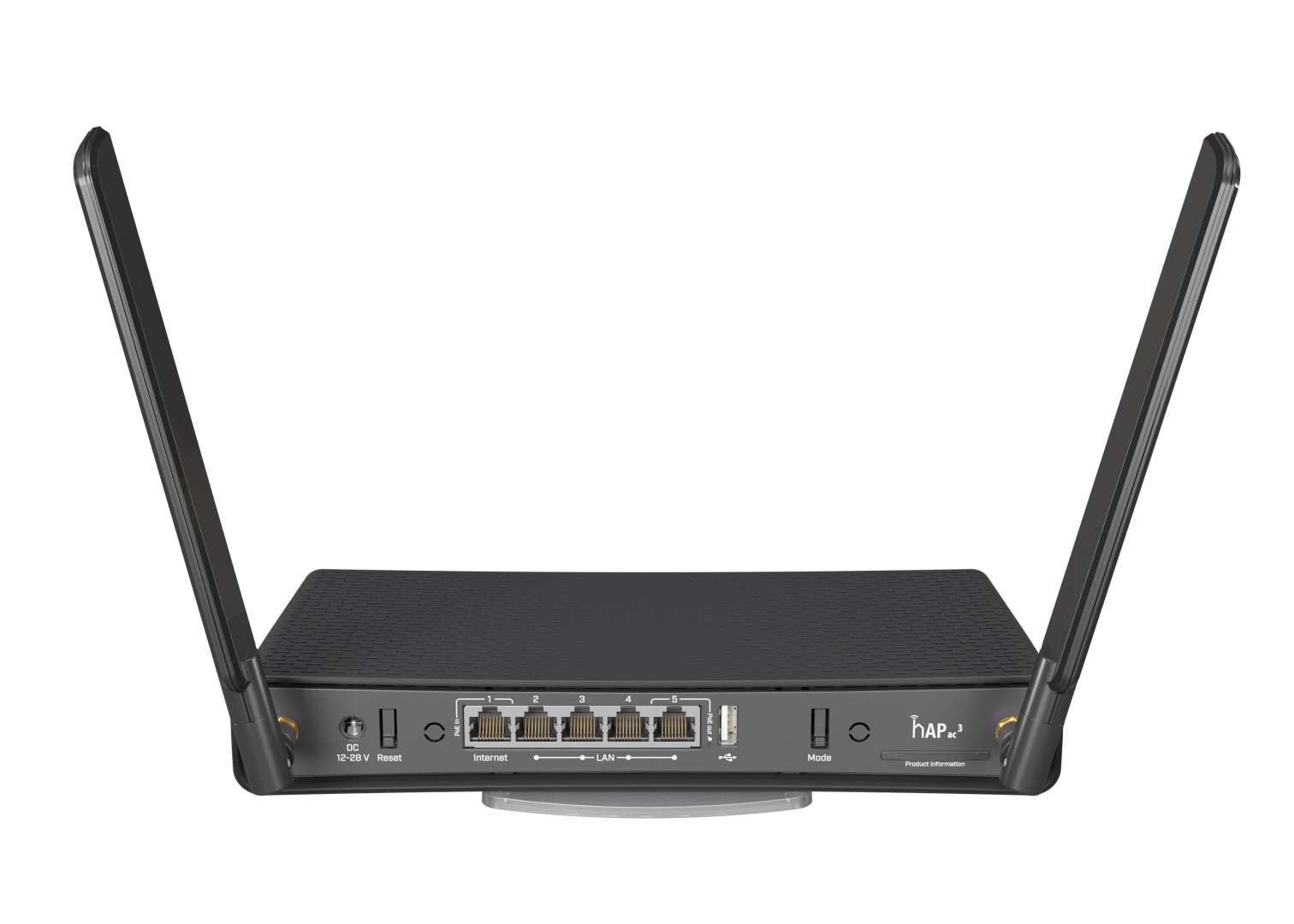
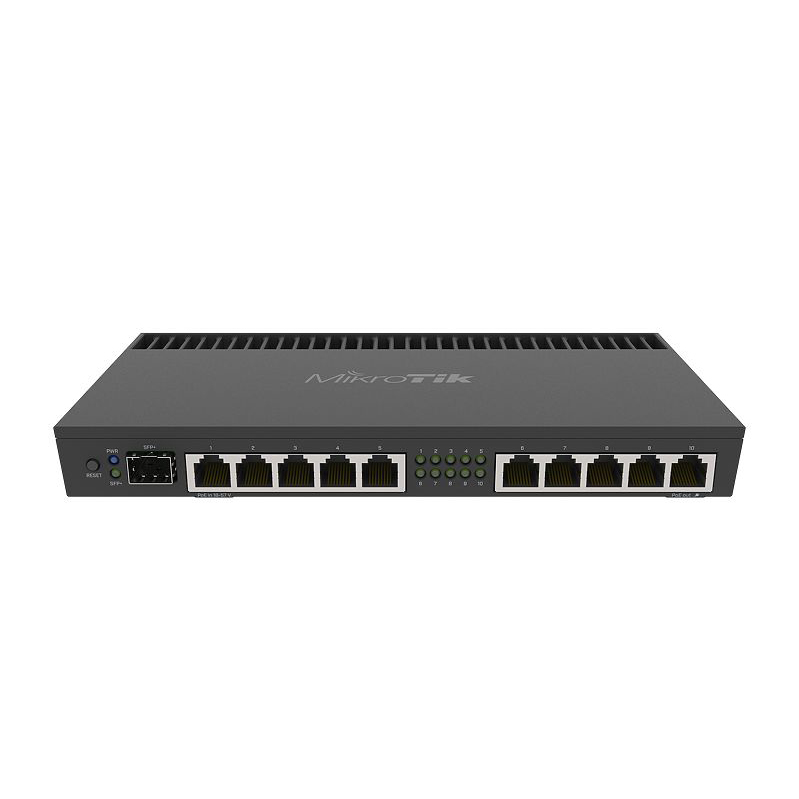
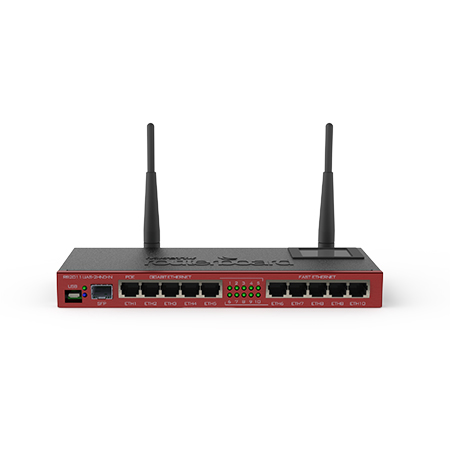
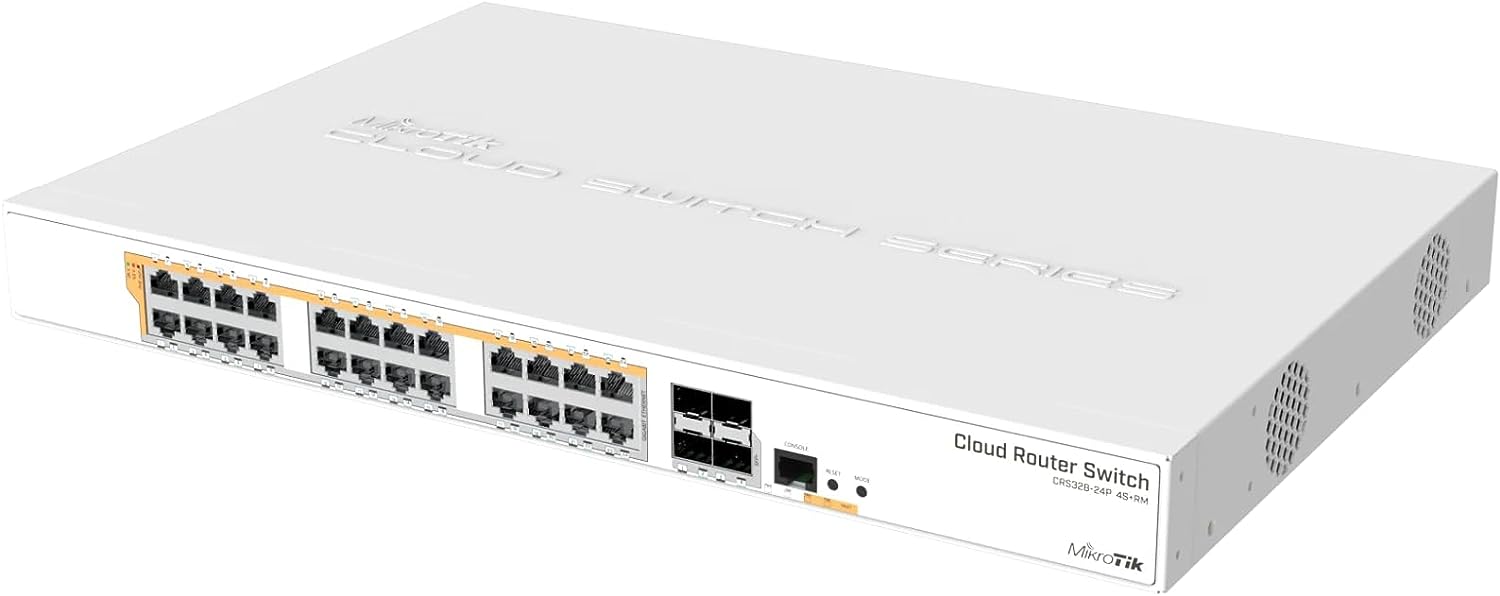
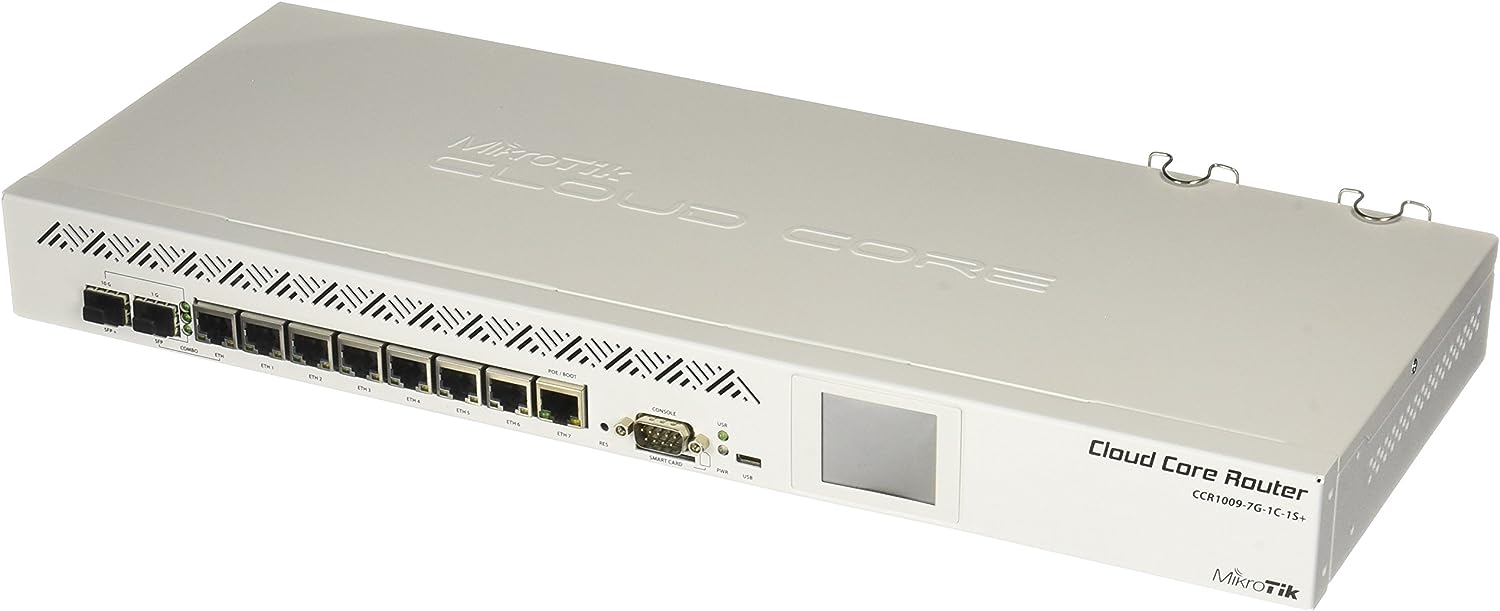
Mikrotik, a Latvian firm, produces network routers and other networking equipment that is noted for its great performance, dependability, and affordability. These routers are intended for major corporations and organizations with complex networking requirements. They have a variety of features, such as powerful CPUs and large memory, which allow them to handle even the most demanding network traffic. These routers are built to last and can operate in severe conditions 24 hours a day, seven days a week. They are also less expensive than other enterprise-grade routers and extremely programmable, allowing them to be tailored to specific network requirements. Telecommunications, education, healthcare, government, finance, retail, and manufacturing are just a few of the industries that employ them. A competent network engineer is advised for businesses and organizations looking for a high-performance, dependable, and cost-effective networking solution.